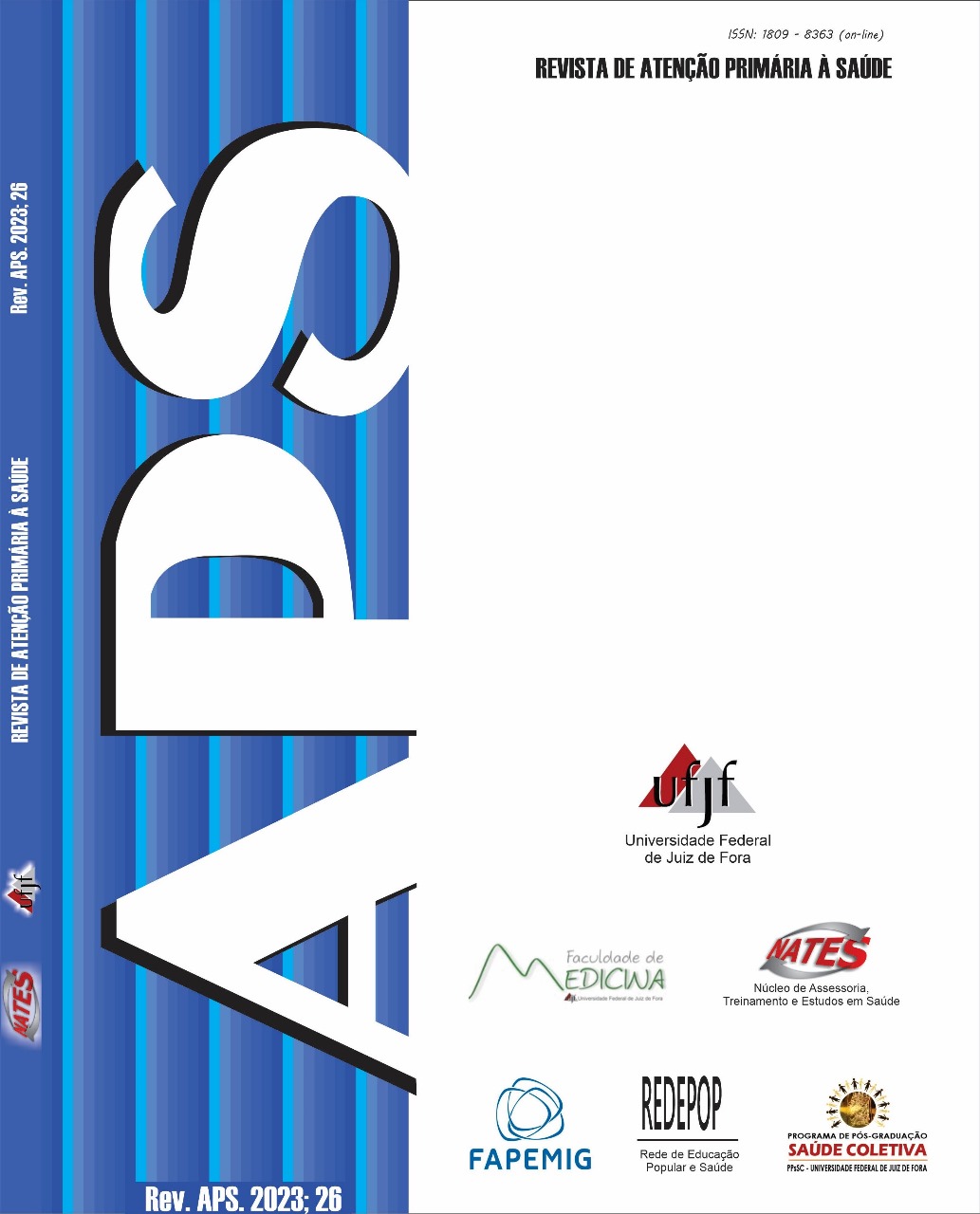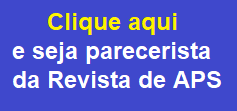Percepção de mulheres no momento do trabalho de parto no período da Pandemia de COVID-19
DOI:
https://doi.org/10.34019/1809-8363.2023.v26.37434Keywords:
Pregnancy, Perception, Obstetric Labor, COVID-19 Pandemic, Emotional StressAbstract
The COVID-19 Pandemic has brought irreparable damage to the whole society. For pregnant women, in addition to doubts about pregnancy, more questions appeared regarding the risk of exposure and contamination by the new Coronavirus. Pregnant patients contaminated by COVID-19 can have mild clinical manifestations to more severe cases, which when associated with some comorbidities increase the possibility of na emergency cesarean or premature delivery. In light of this, the objective of the present study was to know the women's perception at the time of labor in the COVID-19 Pandemic's period. This is an exploratory, descriptive study, with a qualitative approach, carried out in a Family Health Unit in Recife city. There was a predominance of women of brown race/color, primiparous, with na monthly income up to one minimum wage, who were in a stable union, had completed high school and who did not work outside the home. It could be observed the discrepancy between the expectation for the moment of delivery and the reality as it actually happened. The emotional repercussions, such as fear, anxiety, depression, associated with image disorders were also factors addressed. The obtained results contribute so that the work process of Primary Health Care can be rethought and the knowledge acquired on this topic can help the Family Health Team to provide quality health care and directed to the follow-up of this public.











